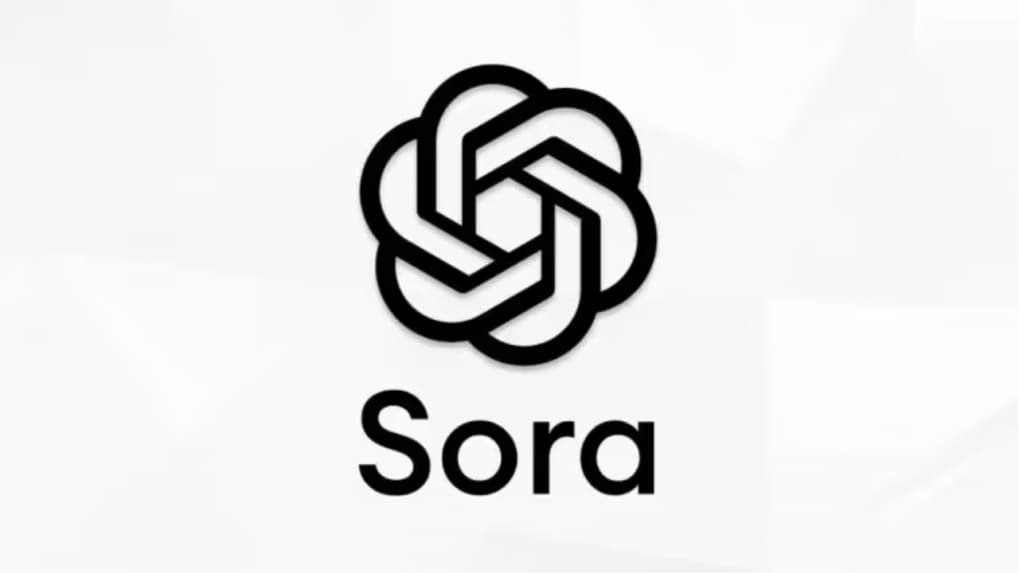How it Works
WPP, Havas, Omnicom: Are advertising’s biggest holdcos recasting agencies as AI Operating Systems?

OpenAI has paused the generation of videos depicting civil rights leader Martin Luther King Jr. through its AI video model, Sora, following requests from Dr King’s estate.
The decision comes after users reportedly created “disrespectful depictions” of Dr King using the platform. OpenAI confirmed the move on Thursday via its official newsroom account on X, saying that while there are valid free speech arguments for depicting historical figures, public figures and their families “should ultimately have control over how their likeness is used.”
Statement from OpenAI and King Estate, Inc.
— OpenAI Newsroom (@OpenAINewsroom) October 17, 2025
The Estate of Martin Luther King, Jr., Inc. (King, Inc.) and OpenAI have worked together to address how Dr. Martin Luther King Jr.’s likeness is represented in Sora generations. Some users generated disrespectful depictions of Dr.…
“Authorised representatives or estate owners can request that their likeness not be used in Sora cameos,” the company added.
The restriction follows growing concerns over Sora’s use since its launch a few weeks ago. The AI video platform allows users to generate realistic videos featuring historical figures, celebrities, and individuals who consent to have their likeness reproduced. The rollout has fuelled widespread debate over the ethical use of AI in creating lifelike representations.
Dr Bernice King, Dr King’s daughter, recently urged people via Instagram to stop sharing AI-generated videos of her father. She joined Zelda Williams, daughter of the late comedian Robin Williams, who made similar appeals to Sora users.
According to The Washington Post, some users created offensive videos portraying Dr King making monkey noises and wrestling with Malcolm X. Other AI-generated clips on Sora reportedly depict public figures such as artist Bob Ross, singer Whitney Houston, and former US President John F. Kennedy.
While Dr King’s estate has not yet commented, the move signals a broader reckoning over how AI models handle likeness rights. OpenAI has been steadily introducing new restrictions on Sora to address similar issues. Earlier in October, the company said it would give copyright holders more detailed control over how their works or likenesses are used — a measure believed to have been prompted by backlash from Hollywood studios.
The controversy has also reignited debate over AI-generated videos featuring copyrighted characters such as SpongeBob, South Park, and Pokémon, which continue to circulate on the platform.
From purpose-driven work and narrative-rich brand films to AI-enabled ideas and creator-led collaborations, the awards reflect the full spectrum of modern creativity.
Read MorePraveen Someshwar, Managing Director and CEO of Diageo India, joins the Grand Jury of the Storyboard18 Awards for Creativity, highlighting the awards’ focus on work that blends cultural relevance with strategic and commercial impact.